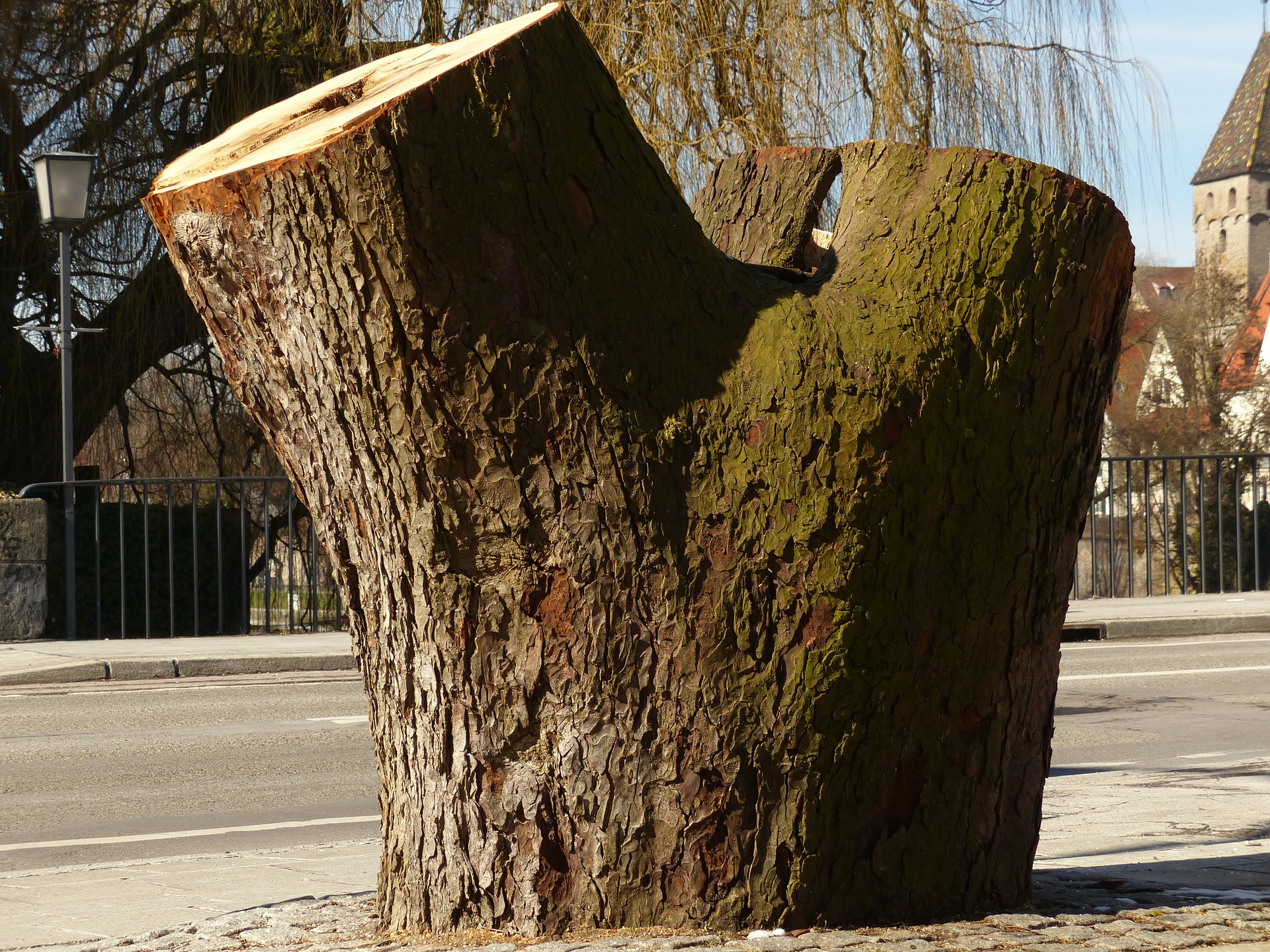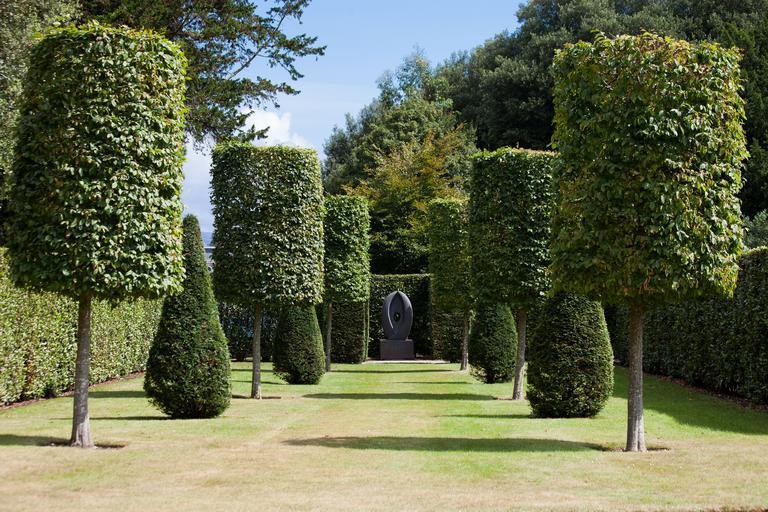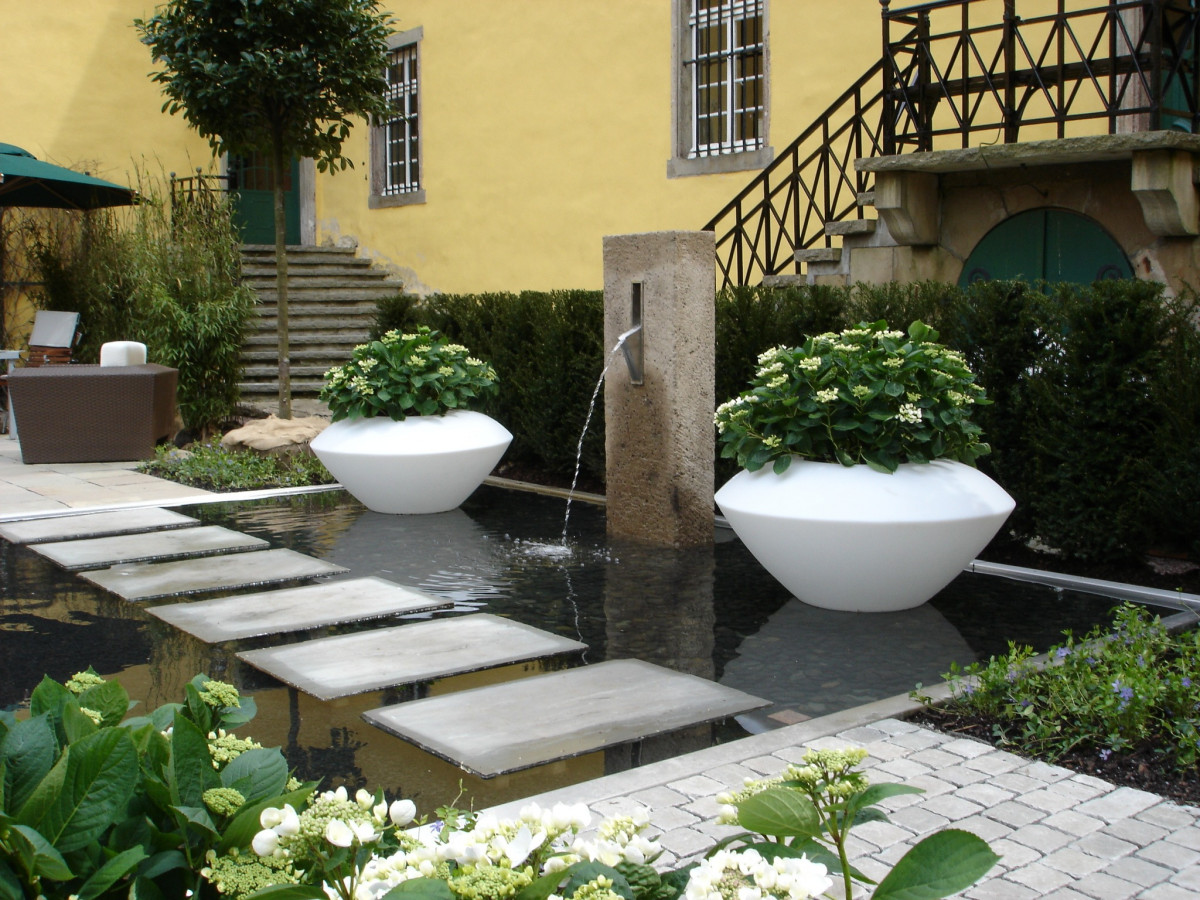One of the best ways to maintain healthy eating is to have an edible garden with some fruit-bearing trees, even if they are seasonal. No matter the climate you live in, you can grow a garden of fruit trees of any type you prefer. To allow gardeners to grow trees, there is the method of grafting fruit trees of one sort onto the other types of root-stock that can grow in your garden and suitable for the weather where you live. Whether you choose a variety or not, some fruit trees are self-fruiting, and others require a pollinator. Self-pruning fruit trees include apricots, nectarines, peaches, and sour cherries, while fruit trees that require a pollinator are apples, pears, plums, and sweet cherries. Trees requiring pollinators may seem like extra work, but it is a play of strength in numbers.
Apple
Apple trees are a common option for gardeners in a variety of temperate and cool climates. Apple trees require fertile, moist soil that is neither waterlogged nor freely draining. Topsoil needs to ideally be at least two feet deep. Dwarf varieties can be grown, and the potential for wall formation means that they can be suitable for even small spaces. Dessert apples need full sun, ideally, while baking apples can tolerate less sun—plant apple trees during the dormant period, mulch and water well. Apple trees (depending on variety) bear fruit within a few years. Apple trees produce fragrant white flowers in early spring. These small flowers attract pollinators and provide them with a pollen meal in the spring.
Prune
Prunes are also a good option for cooler temperate climates. These fruit trees can bear abundant fruit in fertile soil when well mulched and watered but it should not be allowed to become waterlogged. Some varieties can be grown in containers, while others will be much larger. You should check if the plum tree you buy is self-fertile, as you may need several prunes to obtain fruit.
Growing fresh fruit reduces air pollution caused by burning fossil fuels during shipping. Help keep the air clean and enjoy the other benefits of increasing a pruner crop.
Pear
Pear trees can be large trees to be planted. Pear trees thrive in sheltered, sunny areas that are not subject to frost, and they thrive as individual trees or a part of forest garden. The varietyDepending on the variety, the tree you plant as a dormant sapling will bear fruit within a few years and will keep on producing reliable fruit, under the right conditions, for many years. Pears are very nutritious and come in many varieties that all have slightly different tastes and textures.
Peach
Peaches will need frost protection in cooler climates, but they will do well in a sunny, sheltered location and grown in containers that will allow them to be brought indoors in the winter. Containers should be at least 45 cm wide, and you must ensure that you have a dwarf variety. In slightly warmer climates, peaches will sit well against a wall. Hand pollination may be necessary for the fruit to form.
Lemon
Lemons are mostly grown in full sun in a warmer climate. You will need to grow them indoors to succeed in colder regions. However, many varieties lend themselves well to container gardening, and dwarf varieties are suitable for small spaces, like balcony gardens or patio gardens. A rich source of vitamins C, calcium, magnesium, iron, and potassium, lemons help build and maintain healthy bones, promote heart health, and protect against cancer, diabetes, and high blood pressure.
Cherries
If you want beautiful flowering trees with edible fruit as a bonus, then a cherry tree is an excellent option for a low-maintenance fruit tree. Sweet and sour cherry trees are easy to grow, and both fruits have a wide variety of uses. Sweet cherries are used for raw consumption and require at least 2 or 3 trees for pollination. There is a self-pollinating dwarf sweet cherry that is also new to most markets. Sour cherries are used for jams and cooking, and these trees are much smaller than sweet cherries.


